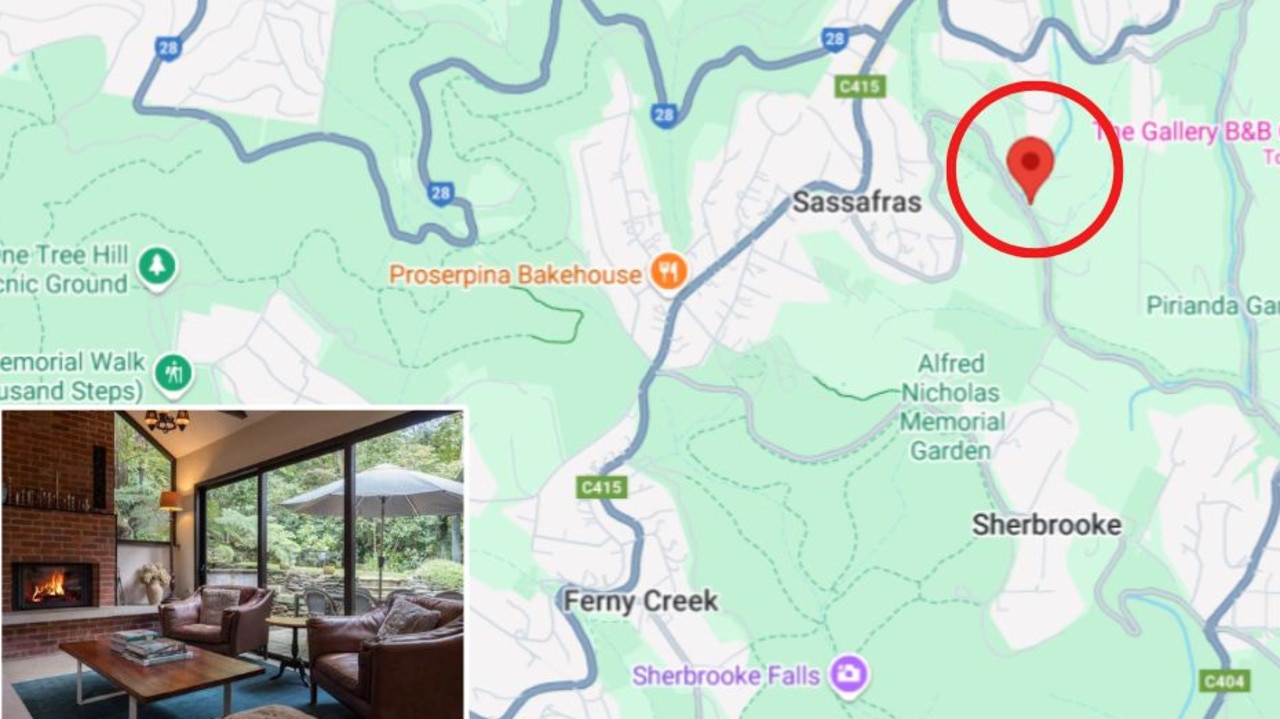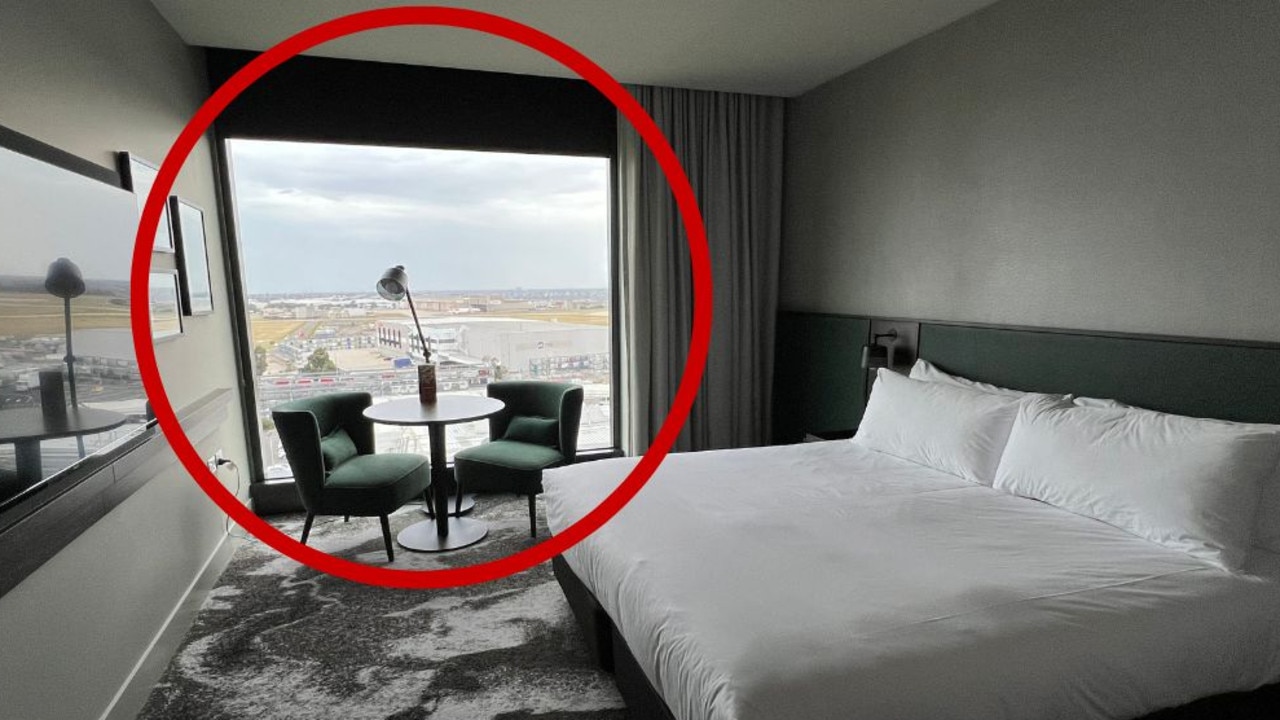Rare Aussie animal commits 14-hr X-rated act before dropping dead
Thriving populations of a sex-crazed Aussie animal have been discovered on two Victorian islands.
A threatened Aussie animal, whose males collectively drop dead following marathon mating sessions, has shocked researchers after surging population numbers were discovered on two Victorian islands.
Little-known Swamp Antechinuses – also known as the Tasmanian marsupial mouse – are tiny rare predators found in southeastern mainland Australia and Tasmania.
Living less than a year, males collectively die en mass after extensive mating sessions, which can last up to 14 hours.
In a shock discovery, crews from Parks Victoria and Zoos Victoria have detected 36 of the rare marsupials on two of Victoria’s southernmost islands off the coast of Wilson’s Promontory National Park.
Despite being isolated by the Bass Strait, the creatures living on the islands were found to have significantly higher capture rates than their mainland counterparts.

“Documenting 36 threatened Swamp Antechinuses thriving on islands off Wilsons Promontory National Park is a powerful sign. It highlights the Prom’s role as an ark, offering safe harbour for vulnerable species as the climate changes,” Dr Mark Norman, Parks Victoria, Chief Scientist Conservation and Climate Action said.
“By studying them, we can unlock the secrets to their resilience and to help bring their mainland relatives back from the brink of extinction.”
The male Swamp Antechinus will die within a few weeks after mating, which occurs over a two-week period and sees males forgo sleep and food.
During mating, their raging testosterone levels trigger a stress-induced immune system collapse, leading to the inevitable death of every male.

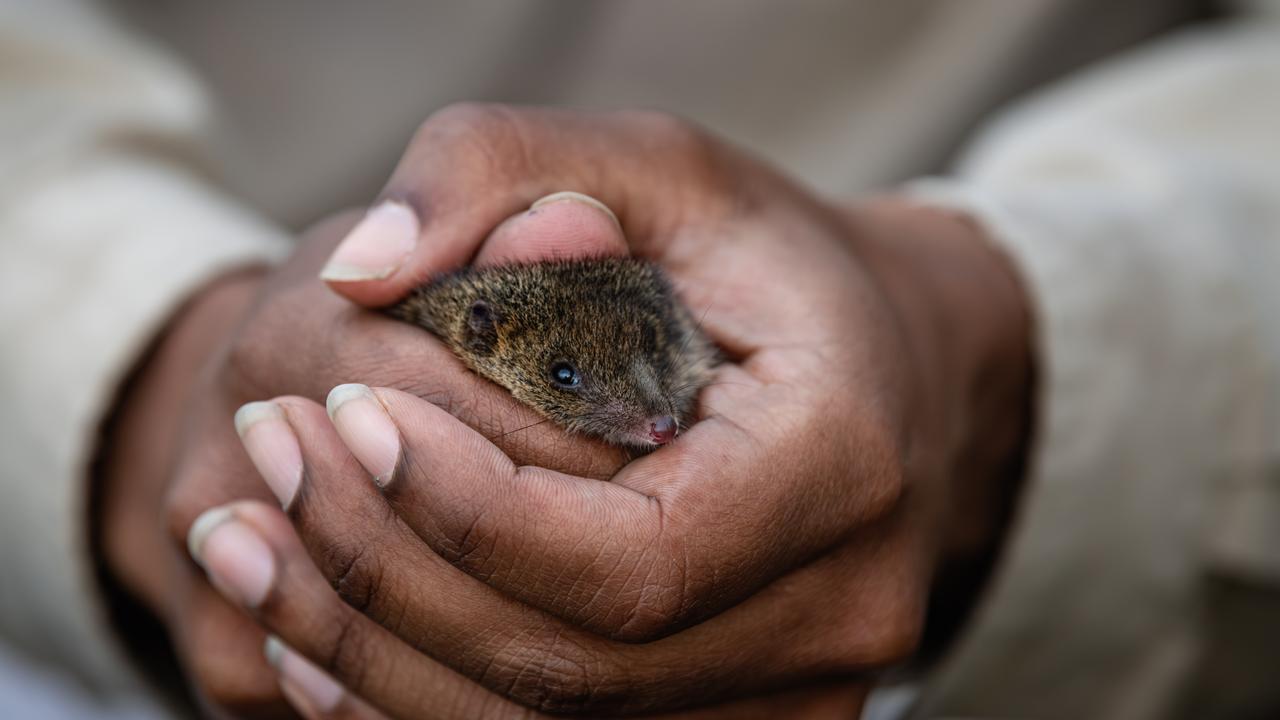
Females on the other hand, can live long enough to raise litters in at least two seasons.
Without males around, new mothers and their offspring no longer need to compete for food.
Swamp Antechinuses, which have pointed snouts with razor-sharp teeth, are considered threatened on both a Victorian and national scale.
The species face a number of threats including habitat loss, fragmented populations and feral predators such as the Red Fox and feral cats.
Scientist hope more research such as the kind carried out by Parks Victoria and Zoos Victoria will help aid conservation efforts.
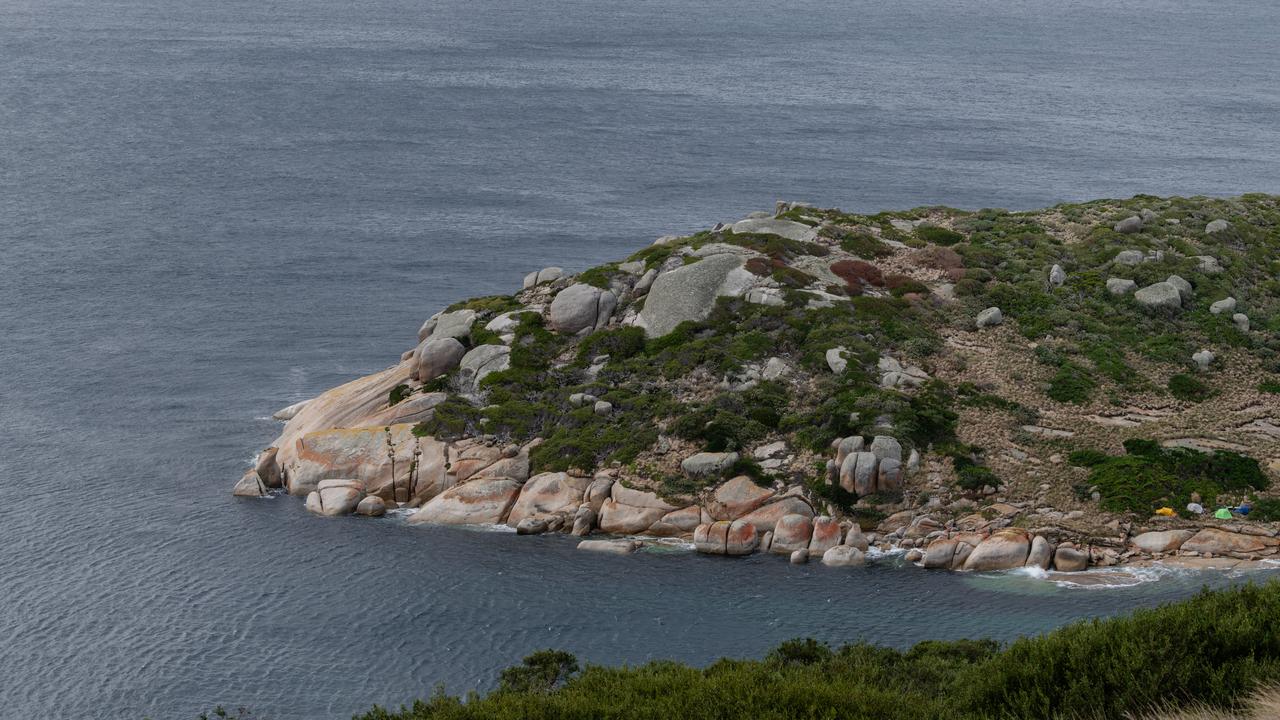
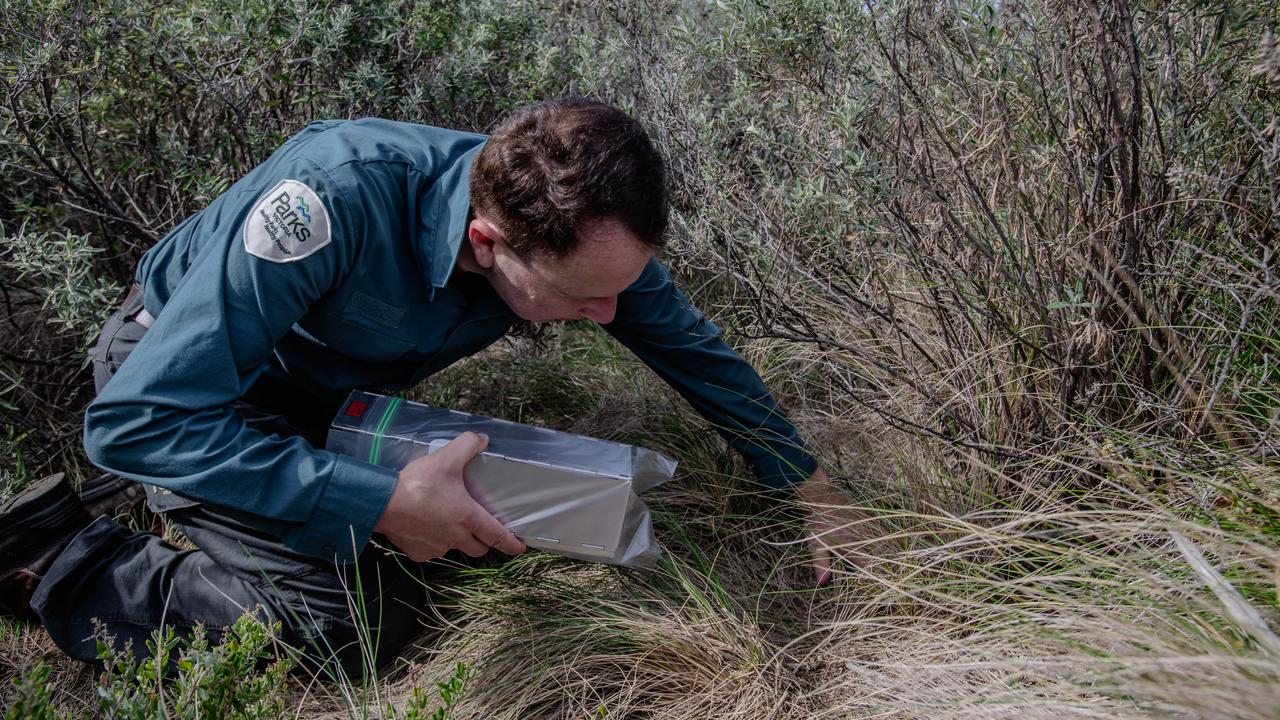
“Antechinus are beautiful and amazing animals, but their remarkable reproduction, followed by a total male die-off, evolved in more predictable environments and now leaves them particularly vulnerable to a harsher changing climate,” said Dr Marissa Parrot, Zoos Victoria, Senior Conservation Biologist.
“These protected Prom islands provide insurance against extinction and a brighter future for the Swamp Antechinus. Researching the genetic health of the island Swamp Antechinuses adds important information to the wider conservation program.”
During their visit, crews also detected 26 other native animal species across the two islands, including Bush Rats and birds such as Short-tailed Shearwaters and Sea Eagle.





